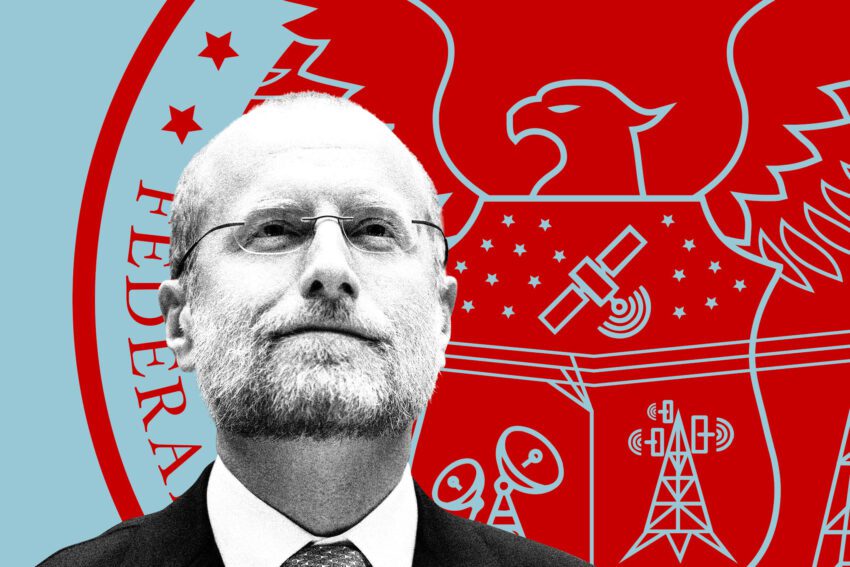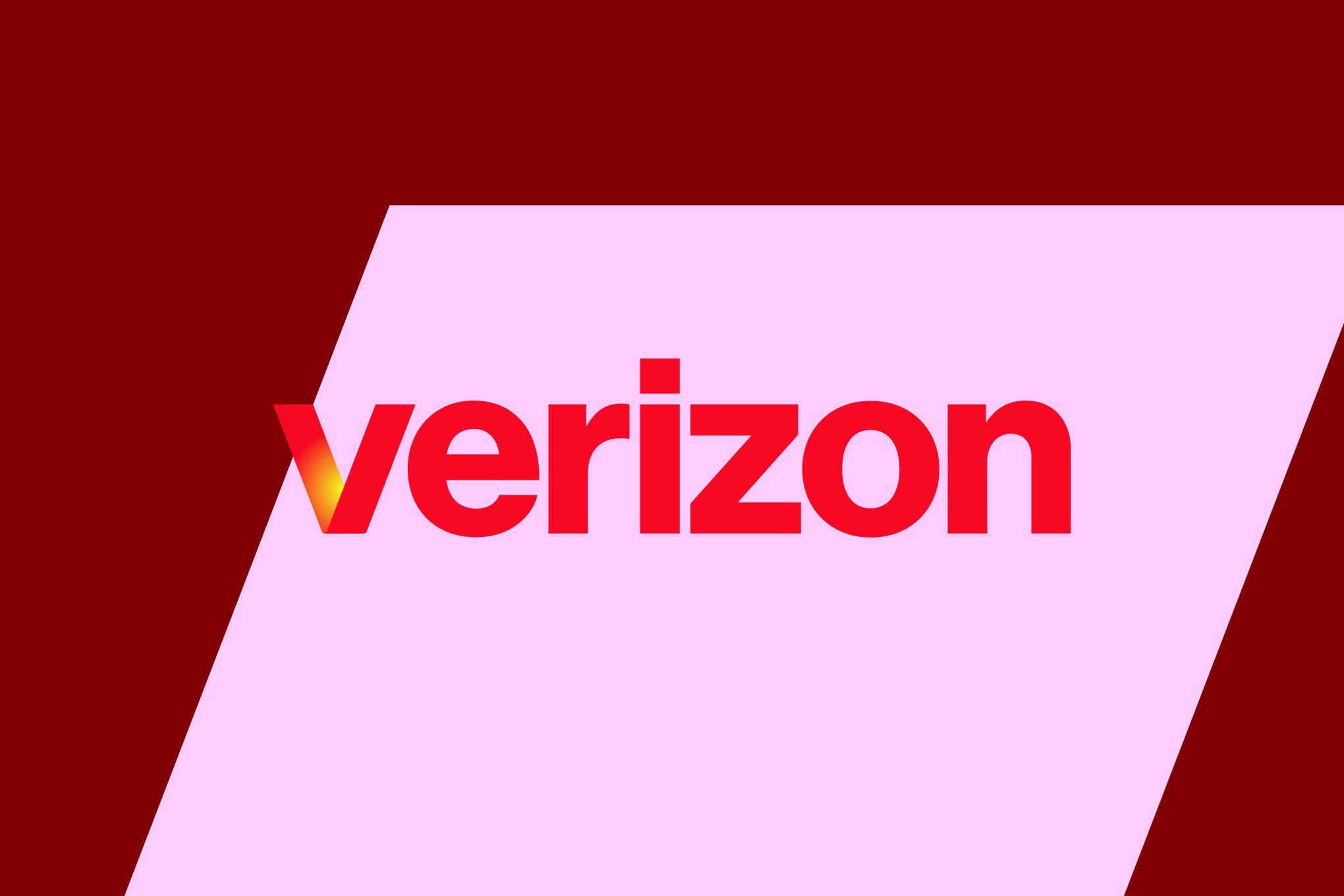
brendan carr s fcc launches probe into FCC Chair Brendan Carr has initiated an investigation into whether a controversial BBC documentary featuring a misleading edit of a Donald Trump speech was aired in the United States.
brendan carr s fcc launches probe into
Background of the Investigation
Brendan Carr, the current chair of the Federal Communications Commission (FCC), has taken a significant step by addressing a letter to major broadcasting organizations including the BBC, PBS, and NPR. This letter, which was obtained by Breitbart but has not been publicly released by Carr or the FCC, raises questions about the integrity of a particular BBC documentary. The documentary in question is a 2024 episode of BBC Panorama that has drawn considerable attention and criticism for its editing choices.
In his letter, Carr specifically inquires whether the BBC provided either the video or audio of the edited speech to NPR or PBS. He also requests transcripts and video of any potential broadcasts of the program in the United States. This inquiry is particularly noteworthy given the political climate surrounding media coverage of Donald Trump and the events of January 6, 2021.
The Controversial Documentary
The BBC Panorama documentary has become a focal point of controversy due to its portrayal of a speech delivered by Donald Trump on January 6, 2021. The documentary features footage of Trump’s speech but employs a controversial editing technique that splices together two sections of the speech that are nearly an hour apart. This editing creates the misleading impression that Trump explicitly called for violence at the Capitol during the insurrection.
In the documentary, Trump appears to say, “We’re gonna walk down to the Capitol and I’ll be there with you,” followed by, “And we fight, we fight like hell, and if you don’t fight like hell you’re not gonna have a country any more.” However, the reality is that these statements were taken from different parts of the speech, with the mention of “fighting” occurring 54 minutes later during a segment discussing “corrupt” elections. This manipulation of context has raised serious ethical questions about journalistic integrity and the responsibilities of broadcasters.
Public and Political Reactions
The documentary has ignited a firestorm of debate in the UK, particularly after a leaked internal memo from the BBC was publicized by The Telegraph. This memo, authored by former editorial adviser Michael Prescott, who previously served as the political editor for the Rupert Murdoch-owned Sunday Times, has fueled allegations of bias within the BBC. The backlash has led to significant repercussions, including the resignation of Tim Davie, the director-general of the BBC, who announced his departure just a week after the memo came to light. Deborah Turness, the former head of news, also resigned amid the controversy.
Trump himself has responded to the documentary, threatening legal action against the BBC for what he perceives as a distortion of his words and intentions. This legal threat underscores the heightened tensions surrounding media portrayals of Trump and the ongoing debate about the role of journalism in political discourse.
Implications for Media Integrity
The investigation led by Carr raises critical questions about media integrity and the responsibilities of broadcasters in presenting information. The splicing of Trump’s speech has been criticized not only for its potential to mislead viewers but also for its implications on public trust in media institutions. The incident serves as a reminder of the power of editing and the ethical obligations that come with it.
In an era where misinformation can spread rapidly, the role of regulatory bodies like the FCC becomes increasingly important. Carr’s investigation may serve as a precedent for future inquiries into media practices, particularly in politically charged environments. The implications of this investigation could extend beyond the BBC, potentially affecting how other media outlets approach the editing and presentation of politically sensitive content.
Brendan Carr’s History with Media Regulation
This is not the first time Brendan Carr has taken a stance against media organizations. His history of threatening PBS and NPR reflects a broader trend of increased scrutiny on media bias and content. In September, Carr threatened the broadcast licenses of stations that aired Jimmy Kimmel’s late-night show, which led to Kimmel being temporarily pulled off the air. Such actions indicate a growing trend of regulatory oversight that some critics argue could stifle free expression and editorial independence.
Additionally, over the summer, Carr’s FCC established an ombudsman at CBS to monitor perceived bias as a condition for approving the Paramount-Skydance merger. This move has raised eyebrows among media analysts who question whether such oversight may lead to self-censorship among broadcasters.
Political Context and Stakeholder Reactions
The political context surrounding Carr’s investigation is also significant. The FCC’s actions come at a time when media organizations are facing intense scrutiny from various political factions. Trump’s recent threats to revoke ABC’s broadcast license after a reporter inquired about the Epstein files further illustrate the contentious relationship between media and politics. Trump suggested that Carr “should look at that,” indicating a desire for regulatory action against media outlets that he perceives as hostile.
These developments have sparked debates among stakeholders, including journalists, media executives, and policymakers. Many journalists express concern that increased regulatory scrutiny could lead to a chilling effect on reporting, particularly on politically sensitive topics. Conversely, some policymakers argue that oversight is necessary to ensure accountability and transparency in media practices.
The Future of Media Regulation
As the investigation unfolds, it remains to be seen how the FCC will proceed and what implications it may have for media regulation in the United States. The balance between ensuring fair and accurate reporting and protecting freedom of the press is a delicate one. The outcome of Carr’s investigation could set a precedent for how media organizations approach the editing and presentation of politically charged content in the future.
Moreover, the ongoing debate about media bias and the responsibilities of broadcasters is likely to continue. As audiences become increasingly aware of the potential for misinformation, the demand for transparency and accountability in media practices will only grow. This investigation could serve as a catalyst for broader discussions about the role of regulatory bodies in overseeing media content and ensuring that the public receives accurate and fair representations of events.
Conclusion
The FCC’s investigation into the BBC’s controversial documentary highlights the complex interplay between media, politics, and regulatory oversight. As the landscape of journalism continues to evolve, the implications of this inquiry will resonate across the media industry and beyond. The outcome will not only affect the BBC but could also influence how other media organizations navigate the challenges of reporting in a politically charged environment.
Source: Original report
Was this helpful?
Last Modified: November 20, 2025 at 7:40 pm
2 views















